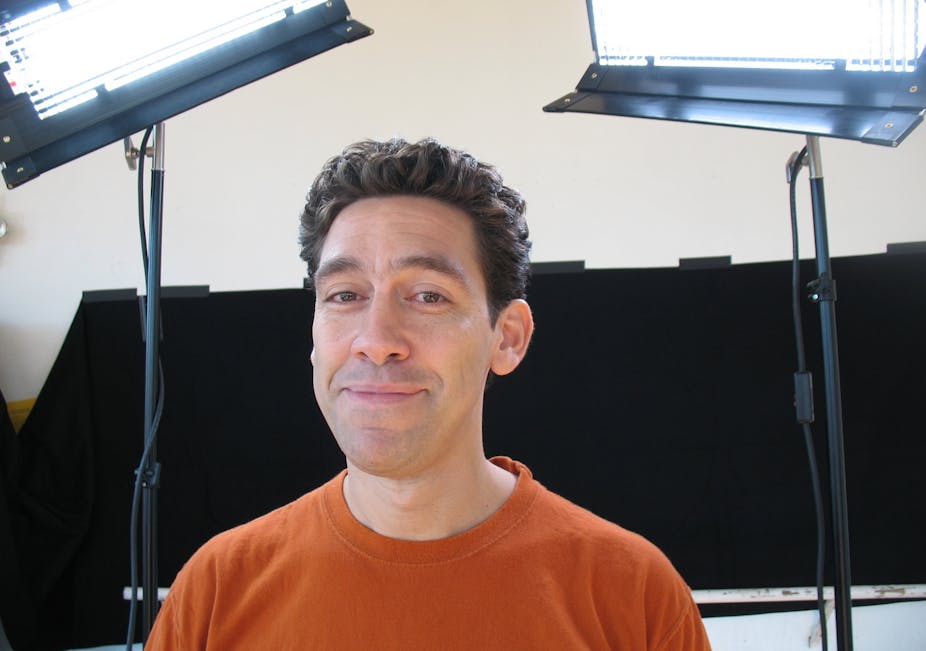It seems intuitive that many of us would fear and avoid emotions such as anger and anxiety. But some people fear positive emotions such as happiness and contentment, and of accepting the compassion, kindness and support of others. If you grow up in an environment characterised by threat, for example, allowing yourself to experience or trust these feelings means letting your guard down and being caught out. In this context, positive emotions become a risky business.
Setbacks, failures and other life stresses can also narrow our focus on the negatives in our lives and research has repeatedly shown that when individuals are in the midst of depression or anxiety, they focus on the threatening stimuli in their environment and fail to recognise, process and pay attention to the positive, which includes positive facial expressions made by others. But switching off from these can compound negative thinking and can affect relationships that are vital to survival and wellbeing.

One way in which we monitor the quality of our relationships and whether we are likely to be accepted or rejected by others is through non-verbal communications, primarily facial expressions. Using a set of facial expressions that showed emotions of compassion and criticism, we found that the more self-critical a person feels the less attention they pay to compassionate facial expressions.
The paper we published PLOS One looked into how facial expressions of compassionate and critical emotions are processed. We built on comments made by mental health patients, who said that when they saw others smiling and being friendly they interpreted this as pitying or mocking, or experienced a sense of loss at not being able to readily experience such emotions themselves.
Switching off
There can be various reasons for this lack of recognition or resistance to kindness and compassion. Often these reasons relate to trauma associated with our attachment system, where experiencing compassion from others results in feelings of grief, loss and sadness at the realisation of not having someone in our lives who has given this to us in the past. John Bowlby, a prominent psychoanalyst and attachment theorist, noted that when he was kind to his patients they often became fearful and withdrew from him.
Bowlby suggested that when we are kind to others, we stimulate something called the attachment system and all the emotions and experiences contained within it. So if someone has a past characterised by neglect or abuse, the emotional memories of this neglect and abuse are triggered when the attachment system is stimulated.
Many people are fearful of giving up self-criticism because it is seen as responsible for maintaining standards, preventing mistakes and keeping us in check. This in turn can be seen as leading to more success and remaining modest. But it also leads some people to feel they are not deserving of compassion; that they are flawed and if others knew what they were really like then they would not like them. If this gets out of hand it can lead to a vicious cycle where someone is unable to recognise kindness, compassion and support when it is available, which then seems to confirm a threatening environment.
This has clinical implications as this processing difficulty may result in maintaining self-criticism, and mood disorders such as depression and anxiety, and difficulties in interpersonal relationships – including those with therapists.
Researchers are now working on something called the “compassion game” using a set of facial stimuli to train individuals to focus on compassion and to become desensitised and tolerant of compassionate emotional displays. Understanding how we process emotions more can help develop new therapies that focus on alleviating negative biases and allow people to recognise and accept much-needed compassion.

